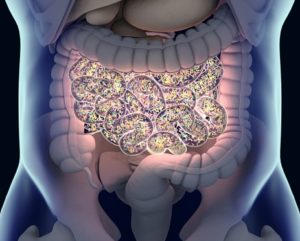IBDs involve recurring GI tract inflammation triggered by immune responses to gut microbes, influenced by genetics and environmental factors. Despite identifying many IBD-related genes, the exact mechanisms remain unclear, and genetics alone don’t ensure disease onset. Rising IBD rates in industrialized and immigrant populations suggest that dietary shifts—like reduced fiber and increased processed foods—may trigger disease. Fiber supports gut health by maintaining the mucus barrier. Studies show that fiber-deficient diets disrupt the microbiome, eroding this barrier and increasing inflammation, especially in genetically susceptible individuals.
Research shows how fiber and mucin-degrading bacteria influence disease severity. Fiber-free diets altered the microbiome, reducing beneficial bacteria and increasing harmful ones, leading to inflammation and weight loss. Reintroducing fiber reversed these effects, underscoring the value of dietary intervention. Exclusive enteral nutrition (EEN) diets, often used in IBD care, also reduced inflammation, likely by promoting isobutyrate, a beneficial metabolite. These findings highlight the importance of diet in managing IBD and suggest that focusing on microbial functions may offer new therapeutic strategies.
Reference: Pereira GV, Boudaud M, Wolter M, et al. Opposing diet, microbiome, and metabolite mechanisms regulate inflammatory bowel disease in a genetically susceptible host. Cell Host Microbe. 2024 Apr 10;32(4):527-542.e9. doi: 10.1016/j.chom.2024.03.001. Epub 2024 Mar 20. PMID: 38513656; PMCID: PMC11064055.









